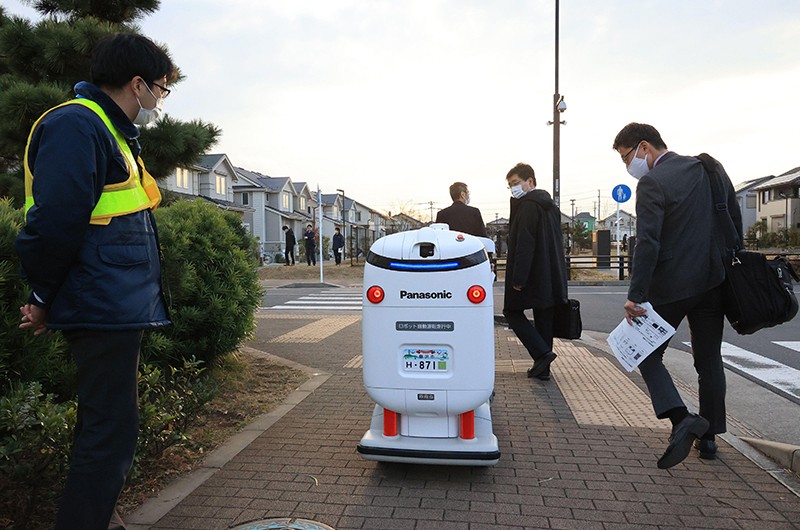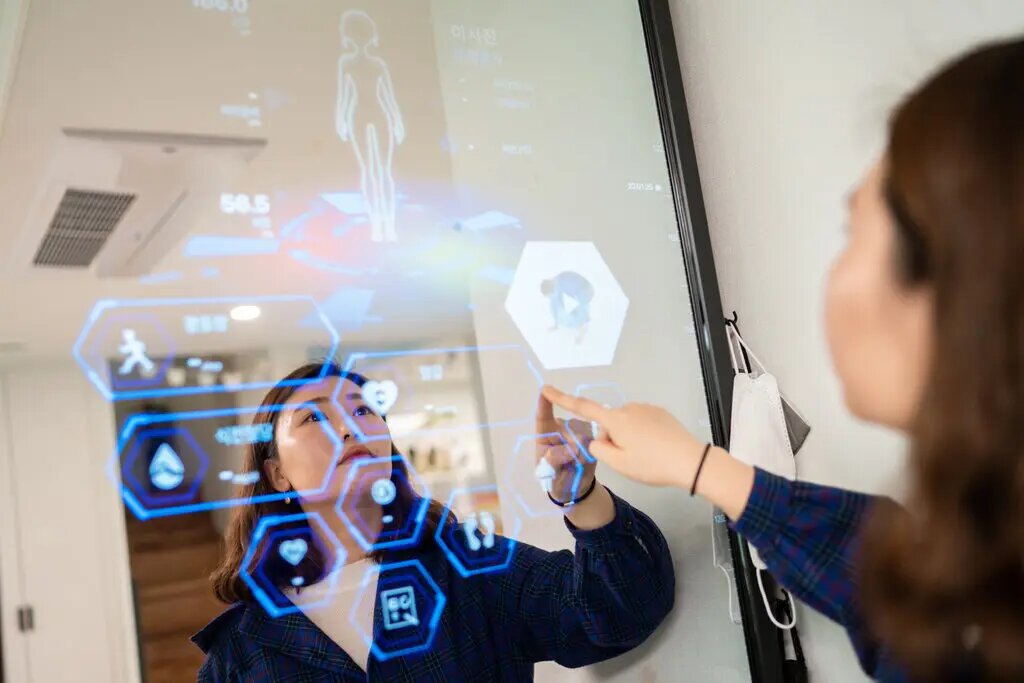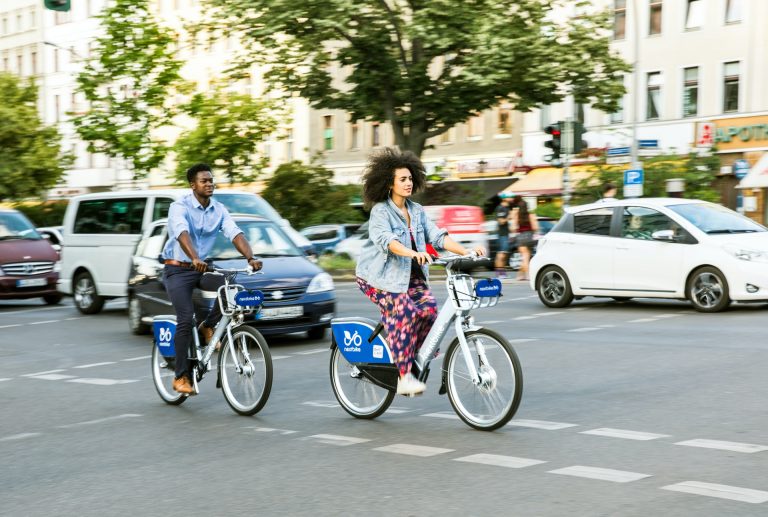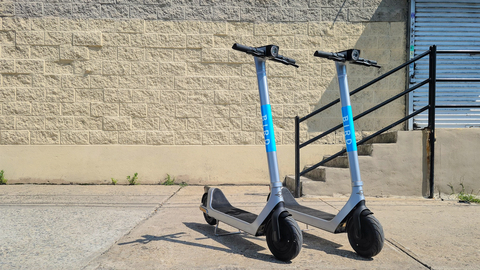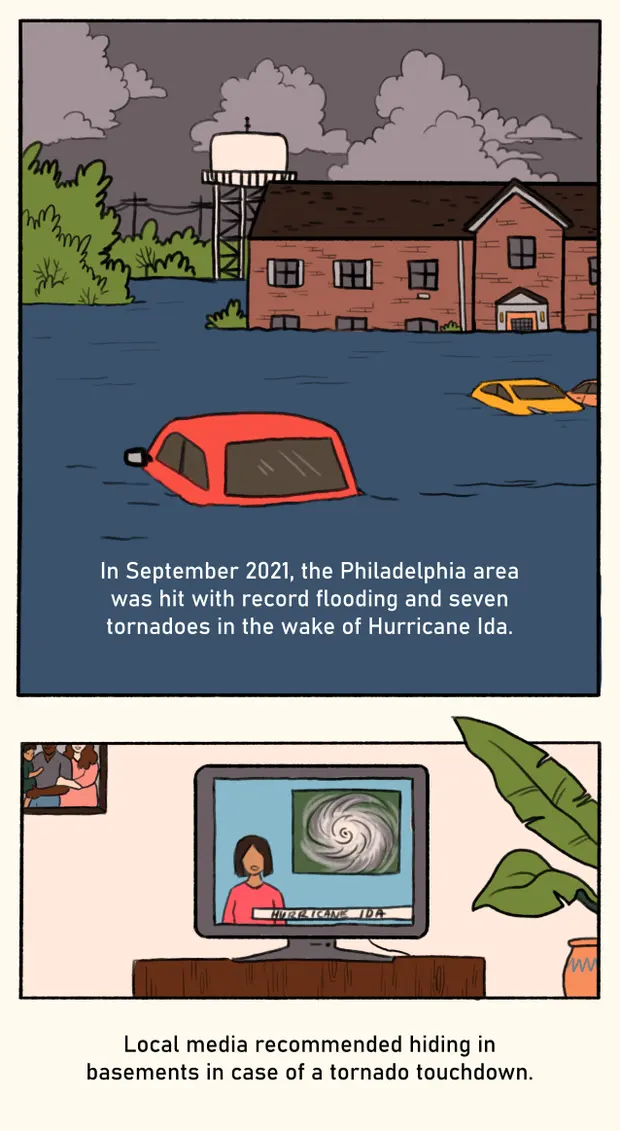
A recent study by McKinsey & Company suggests that consumer preferences, technology and regulation have transformed the mobility sector as a result of COVID-19.
Passengers concerned about hygiene and safety have turned away from public transport, and are favouring private modes of travel — including bikes, scooters and even private cars. Micro-mobility options such as e-scooters and mopeds are on the rise, while ride shares, taxis and e-hailing have fallen in demand.
According to McKinsey and Co, “Changing consumer preferences may give private-car use the greatest boost, but micro-mobility options and walking/biking are also expected to gain ground.”
The biggest driver in consumer choices for mobility has clearly been reducing infections. Before the pandemic, the key reason to choose a mode of transport was the time to destination. This has changed in recent months, as the risk of infection has become top of mind.
In order to respond to these behavioural changes, mobility players have implemented a suite of safety measures to improve hygiene throughout a trip. The option to carpool from providers such as Uber has been disabled and both drivers and passengers are required to wear a mask and are encouraged to keep windows open to improve ventilation. Some services offer a safety message confirming for the passenger that the car has been sanitised and ventilated, while others have implemented a plastic sheet separating the driver from passengers in the vehicle.
The pace of change in technology has prompted mobility leaders to include ACES — autonomous driving, connected cars, electrified vehicles, and shared mobility — in their business strategy. As customers turn to digital channels and are considering sustainability in their mobility choices there has been a renewed focus on collaboration and partnerships with ACES in the mobility industry. $US45 billion was invested in mobility startups in 2020, and technologies such as quantum computing and 5G are expected to transform the software and electronics market, with McKinsey & Co projecting that the market will double in size by 2030.
+INFO: WHICH-50





